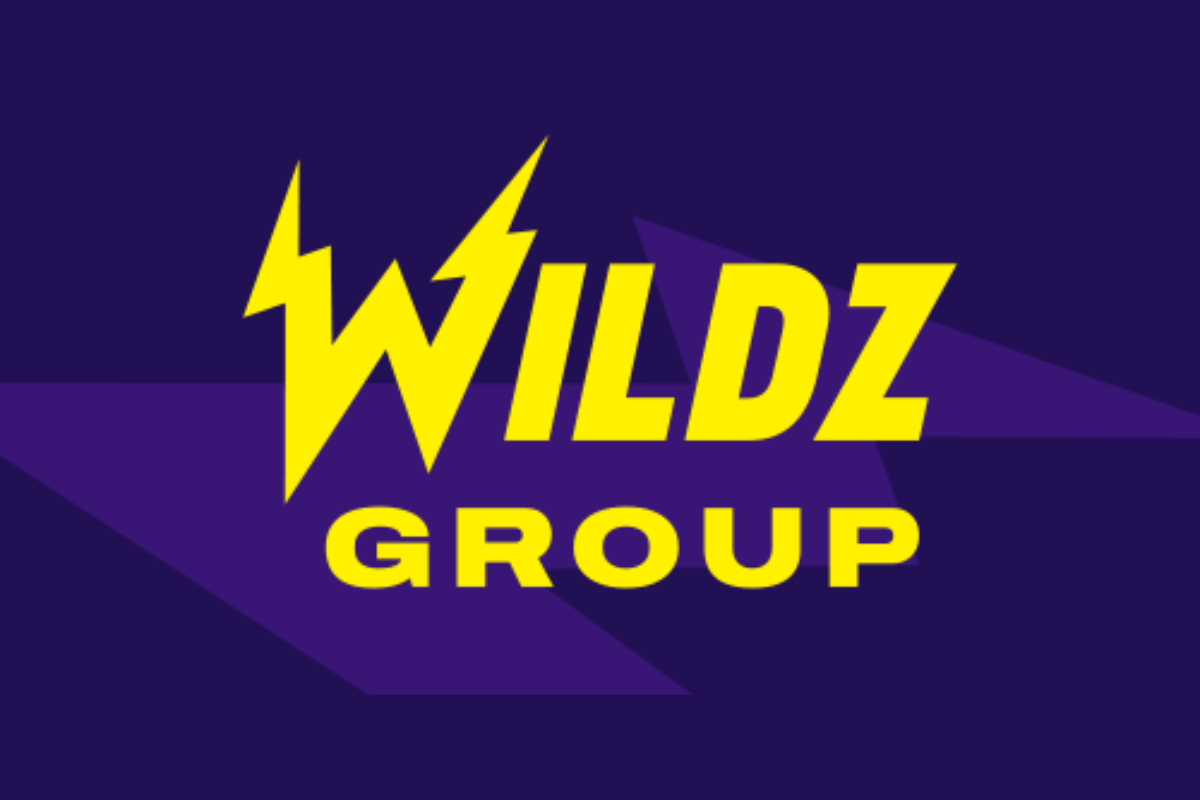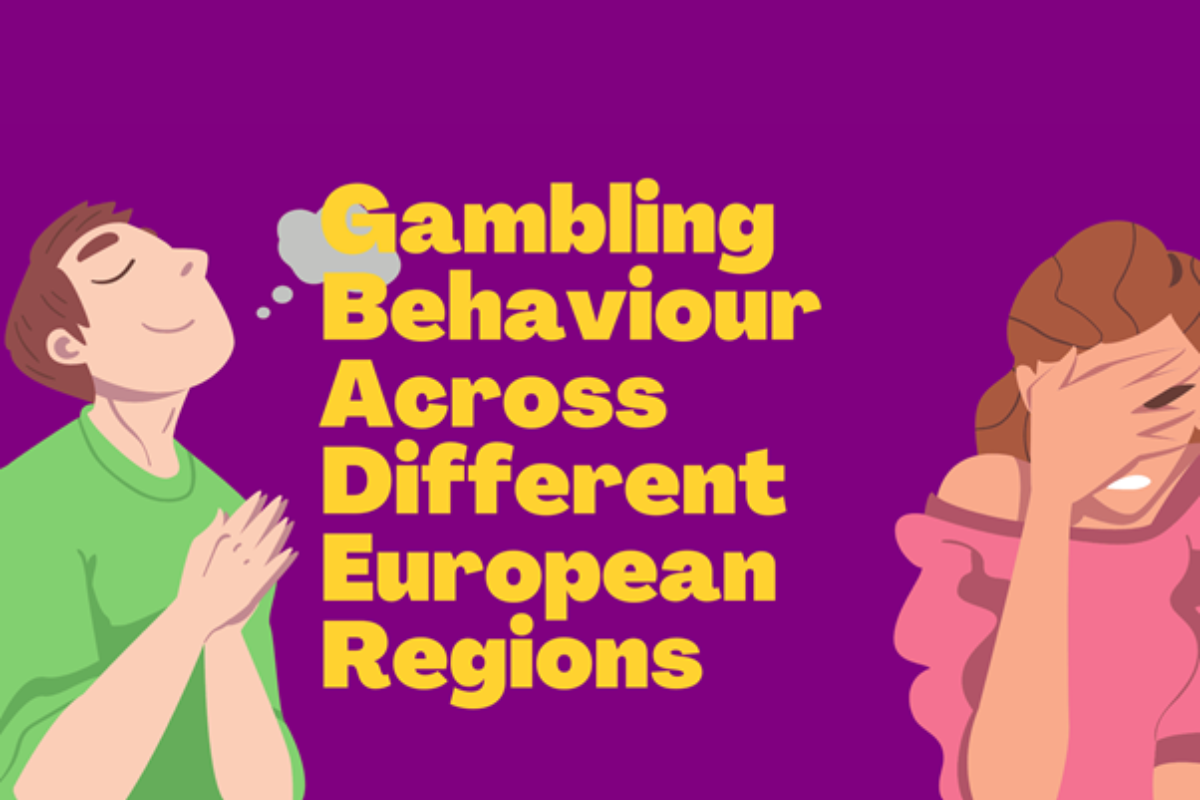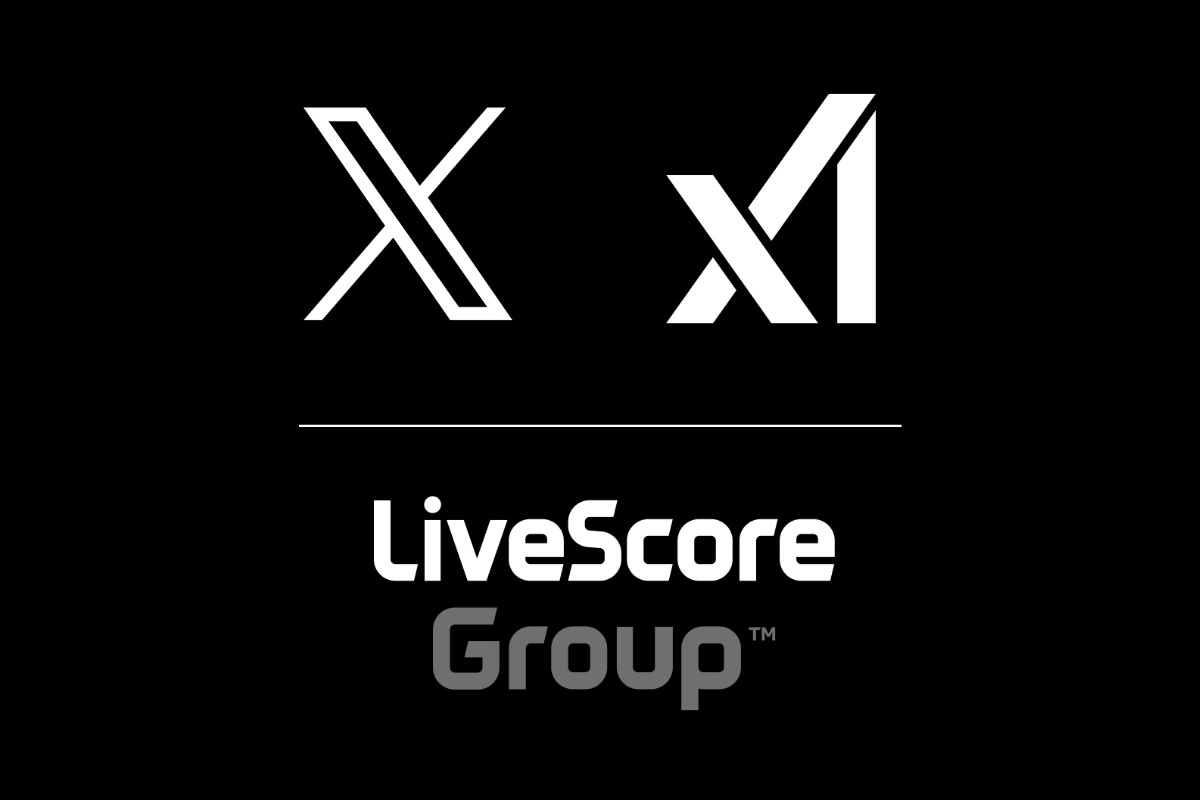Industry News
United Kingdom Video Games Studio Numbers Rise and Employment Surges As New Research Identifies Regional Hubs
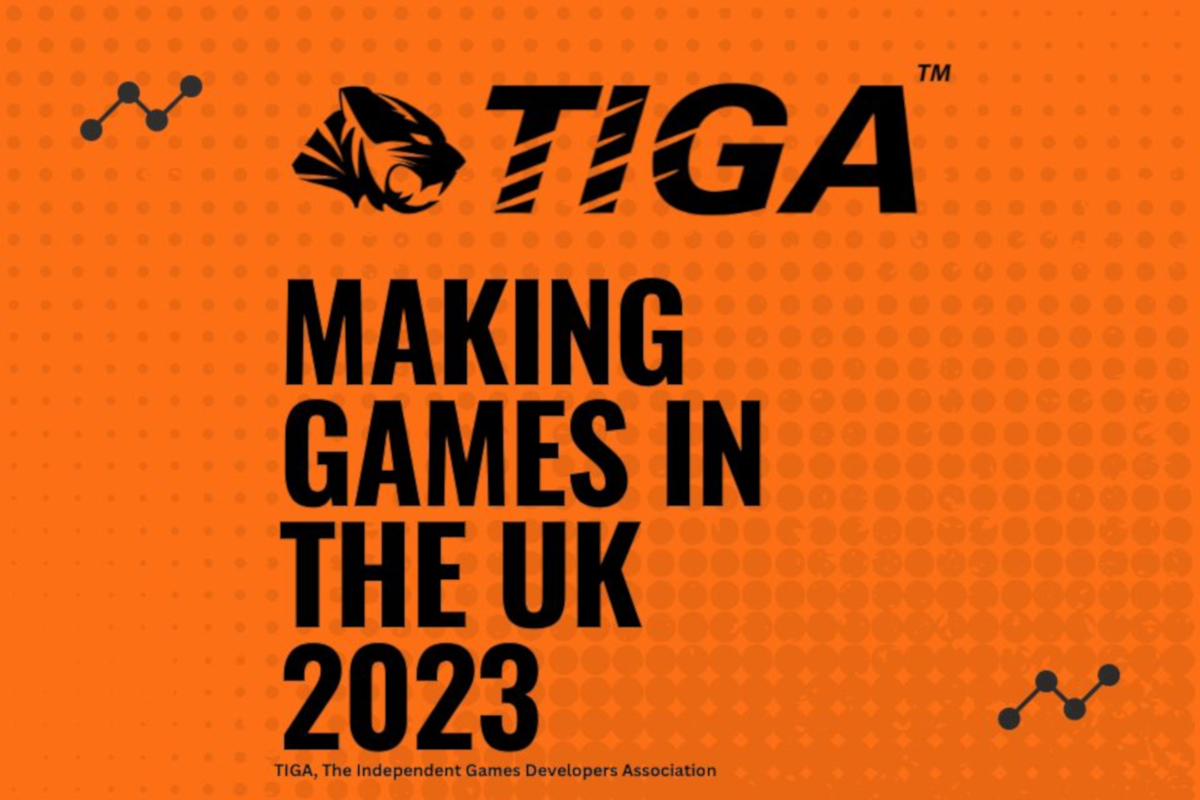
TIGA’s Making Games in the UK 2023 report also reveals increases in tax revenues and investment and showcases the games industry’s contribution to the Levelling Up agenda
Employment in the United Kingdom’s games development sector has surged by 11.4 per cent while studio numbers have increased by almost 18 per cent according to new figures released today by TIGA, the trade association representing the United Kingdom (UK) video games industry.
During the period from December 2021 and April 2023, wider games industry employment, tax revenues and investment also grew markedly.
The findings come from TIGA’s definitive report on the state of the UK video games industry, Making Games in the UK 2023 (TIGA, 2023), which is based on an extensive survey of UK games businesses with analysis by Games Investor Consulting.
TIGA’s research shows that in the period from December of 2021 to April of 2023:
- The number of creative staff in studios surged by 15.2 per cent and at an annualised rate of 11.4 per cent from 20,975 in December 2021 to 24,155 full-time and full-time equivalent staff in April 2023. The total workforce including freelancers grew to 25,026.
- The number of jobs indirectly supported by studios in the supply chain rose from 38,348 to 44,162.
- Studio numbers grew from 1,528 to 1,801, an increase of 17.8 per cent.
- Combined direct and indirect tax revenues generated by the sector for the Treasury are estimated to have increased from £1.2 billion to £1.5 billion.
- Annual investment by studios rose from £1.3 billion to £1.66 billion.
- The game development sector’s annual contribution to UK gross domestic product increased from £2.9 billion to £3.68 billion.
“The UK video games development sector is powering ahead,” the Chief Executive Officer for TIGA, Dr Richard Wilson, OBE, said. “Employment is soaring and studios are continuing to hire at near record rates. With high growth games studios in many regions, the sector is supporting economic growth across the UK.
“Our sector’s outstanding long-term prospects are underpinned by strong consumer demand, rising foreign direct investment, which is attracted by our highly skilled workforce and Video Games Tax Relief, which reduces the cost of games development.
“If the UK is to win an even larger share of the growing market for video games, then the UK government should enhance the generosity of our Video Games Tax Relief (soon to be transformed into a Video Games Expenditure Credit), introduce a Video Games Investment Fund to help more small studios to scale up and establish an Industrial Secondments Programme to drive skills development.”
Meanwhile, the TIGA report has highlighted that almost 80 per cent of the UK’s games development workforce is located outside of London. While London employs over 22 per cent of the games development workforce across 587 companies, 77 per cent of all games development staff in the UK are employed outside of the capital. While approximately one-fifth of development staff are located in the South East of England, the third, fourth and fifth largest centres of games development by headcount are the North West of England, the West Midlands and Scotland, respectively.
Including indirect staff, games development companies support over 53,000 jobs outside of London. In percentage terms, the strongest headcount growth over the period December of 2021 to April of 2023 was found in the North East (45.7 per cent), Yorkshire and Humber (33.9 per cent) and Northern Ireland (33.5 per cent).
| UK regions | 2023 share of UK development workforce |
| London | 22.4% |
| South East | 19.9% |
| North West | 12% |
| West Midlands | 10% |
| Scotland | 9.1% |
| East of England | 6.7% |
| Yorkshire & Humber | 5.8% |
| North East | 5.4% |
| East Midlands | 4.9% |
| South West | 2.5% |
| Northern Ireland | 0.7% |
| Wales | 0.6% |
“While London employs over 22 per cent of the games development workforce across 587 companies, 77 per cent of all games development staff in the UK are employed outside of the capital,” Wilson said. “Approximately one-fifth of development staff are located in the South East of England, while the third, fourth and fifth largest centres of games development by headcount are the North West of England, the West Midlands and Scotland, respectively.
“Including indirect staff, games development companies support over 53,000 jobs outside of London. In percentage terms, the strongest headcount growth over the period December 2021 to April 2023 was found in the North East (47.5 per cent), Yorkshire and Humber (33.9 per cent) and Northern Ireland (33.5 per cent).
“The video games industry has immense potential to contribute to the Levelling Up agenda, not least due to the 44,000 people working in the games supply chain, which is mostly based outside of London. Providing high-skilled employment opportunities, the sector has established strong creative industry clusters right across the UK.”
“TIGA’s research illustrates the video games industry’s strong potential to drive regional economic growth,” the Chairman for TIGA and the Chief Executive Officer and Creative Director for Rebellion, Jason Kingsley, OBE, said. “My personal experience at Rebellion Developments further reinforces this notion as our studios actively contribute to the economic expansion of cities and regions such as Liverpool, Oxford, Warwick and Yorkshire. By enhancing Video Games Tax Relief, improving access to finance and bolstering skills development, we can empower and fortify the UK’s video games clusters, thus making a positive impact on the overall economy of the country.”
The findings in this press release come from TIGA’s definitive report on the state of the UK video games industry, Making Games in the UK 2023 (TIGA, 2023), which is based on an extensive survey of UK games businesses, with analysis by Games Investor Consulting.
Research methodology
Games Investor Consulting in conjunction with TIGA and its partners conducted surveys concluding in July of 2008, September of 2010, November of 2011, December of 2012, December of 2013, December of 2014, March of 2016, November of 2017, November of 2018, April of 2020, December of 2021 and April of 2023 of all known games companies involved in the creation of games (including developers, publishers, publisher studios, service companies and broadcasters with games divisions) in the UK. Assessments of every database entry are made on a company-by-company basis with strict vetting and verification rules to ensure each entry is discrete (to prevent duplication via subsidiary or parent companies) and confirmed to be active in games development. The survey counts staff working in development and development support roles in games studios, games publishers and development service companies. A broad array of additional data is also captured including studio location, primary platform focus and company ownership structure as well as company start-ups and exits/closures.
Games development
Games development is defined as including all production staff, QA, support, localisation and technical staff but excludes admin, finance, sales, marketing and commercial staff not directly involved with games production. Full-time equivalent staff comprise multiple part-time staff aggregated based on typical usage throughout a year to represent a single full-time employee.
-

 Asia7 days ago
Asia7 days agoDigital gaming disruption tackled in 1st AsPac Regulators’ Forum
-

 Africa7 days ago
Africa7 days agoBetKing Renews Ikorodu City FC Partnership for 2025/26 NPFL Season
-

 Compliance Updates7 days ago
Compliance Updates7 days agoKongebonus statement: Norway’s election result signals gambling policy continuity, but licensing debate is set to intensify
-
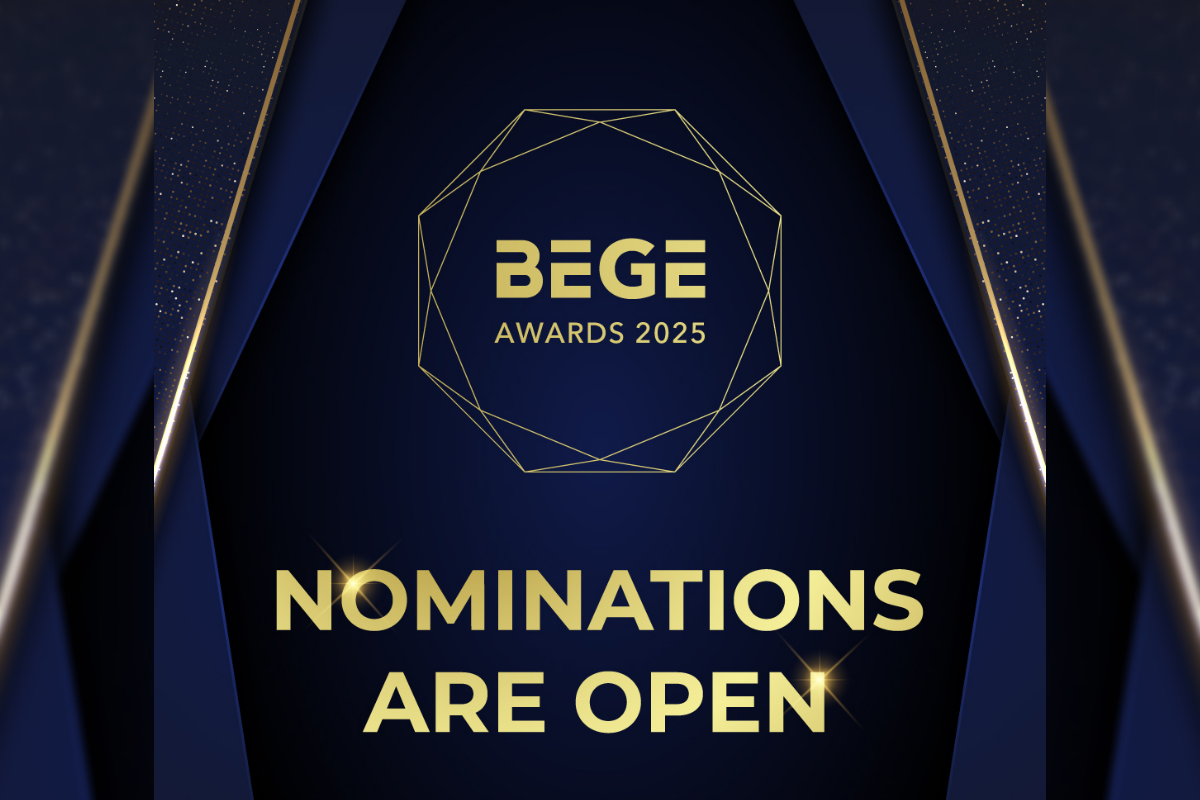
 Balkans7 days ago
Balkans7 days agoBEGE Awards Nominations Now Open – Celebrating 16 Years of Industry Excellence!
-

 Latest News7 days ago
Latest News7 days agoWin a Fruity Fortune in BGaming’s Bonanza Trillion
-

 Latest News7 days ago
Latest News7 days agoAnswer the Call of the Wild: ELA Games Unveils Its Latest Game “Buffalo Force”
-

 Latest News7 days ago
Latest News7 days agoSaddle up for big wins under the Bison Moon with the latest slot from Northern Lights Gaming
-
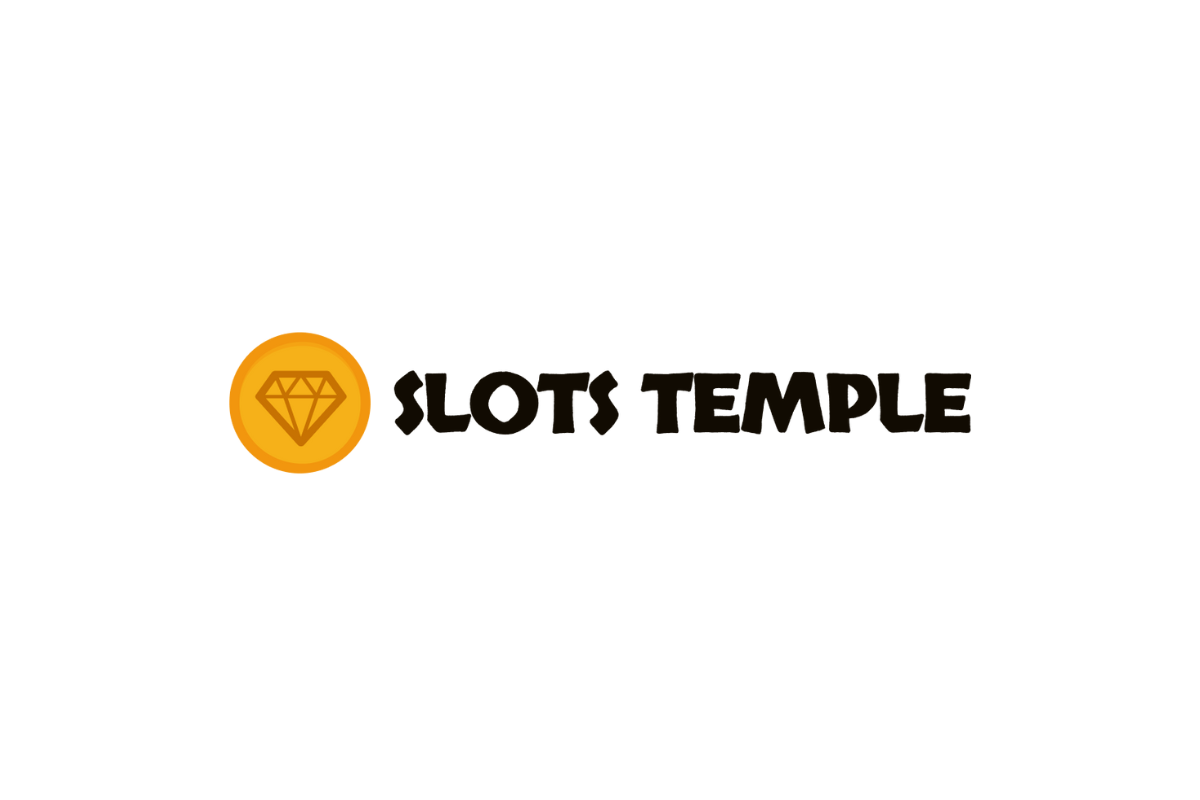
 Latest News7 days ago
Latest News7 days agoSlots Temple Announces Exclusive Free-to-Play Tournament Partnership with Pragmatic Play





















